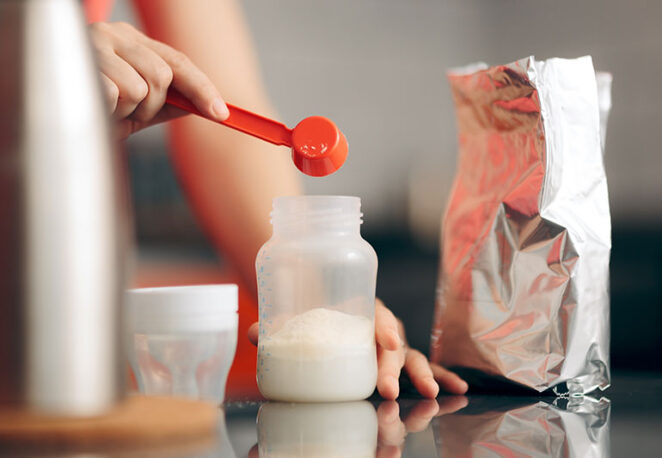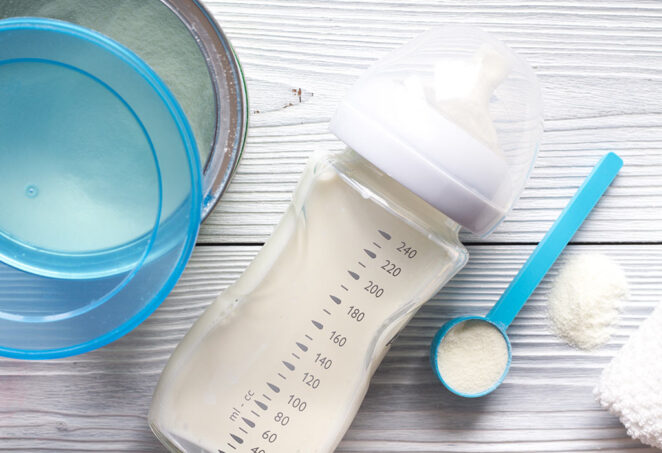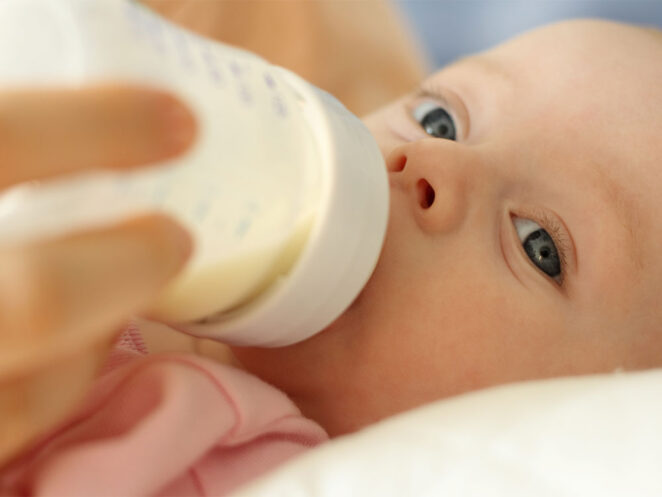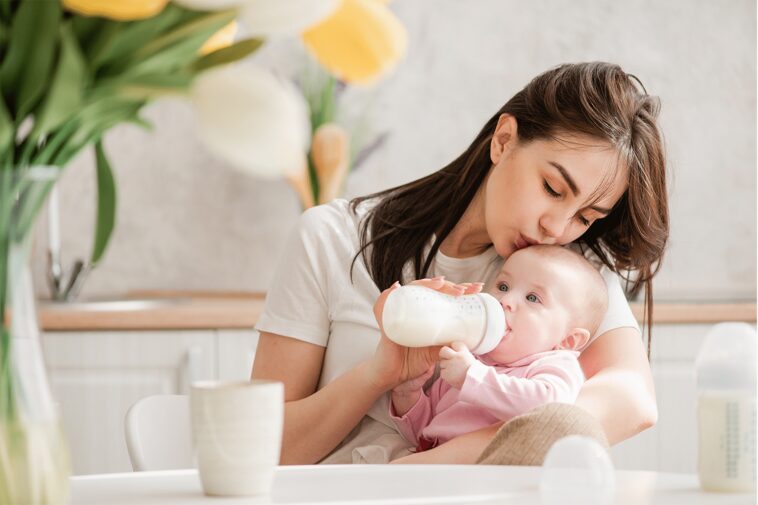Breastfeeding is the best way to feed your baby. But, we are aware it’s not always possible. In these cases, baby formula is the most obvious solution.
Although breastfeeding has its benefits, it also requires a lot of effort and commitment from both parents. The good thing is that there are now ways you can prepare baby food ahead of time so you don’t have to worry about your baby getting hungry. Also, looking for the perfect formula can be a challenge, so we suggest checking on Organic Life Start to find what you need.
There are three main steps involved in preparing baby formula. First, you’ll mix the ingredients. Then, you’ll add water to the mixture and let it sit if needed. Finally, you’ll heat it up before feeding it to your baby (if it got too cold during the preparation process).
But, how do you know if you store and prepare it properly?
Let’s find out.
1. Store the formula in a cool dry place
A cool and dry place means it should be away from direct sunlight or any moisture.
This means that you should store the baby milk formula in a separate cabinet, in a closed box. Some users also store milk in the refrigerator.
However, you need to avoid this in the long run, as milk collects moisture and lumps appear in the formula. It shouldn’t affect the quality of the formula, but it sure will affect the taste.
2. Do not expose it to direct sunlight or extreme temperatures

Don’t forget that even baby formula is made from milk powder from different origins. This means that even in this condition, heat can affect nutritional value and quality.
If you use up the supply quickly, external influences will not change the milk much. But if your baby is on a combined diet with breastfeeding, or is already eating one or two meals of solid food, you need to store the milk in a dark place.
3. Make sure the package isn’t cracked
Do not feed your baby formula from damaged packaging. If you bought it damaged, return it to the pharmacy or store.
If for some reason the unopened package is damaged, it may affect the quality of the product.
That is why we recommend that you do not feed your baby with a formula that has been in a damaged container because it certainly does not meet quality standards.
4. Don’t use the old formula
You shouldn’t suppose that nothing can go wrong if you feed your baby old formula. Surely it’s dried and dehydrated milk, but it can be expired. You surely don’t want your baby to get sick just because you didn’t buy enough formula on time.
If you find an unused old formula, feel free to throw it away in the trash.
5. Always follow label instructions

Even though it’s easy to prepare, you need to follow the insturctions on the package. Mix it with lukewarm water, and add more liquid if needed. Warm it up if the temperature of the milk is too low. Also, if it’s too hot, we suggest you wait for a little until it gets cool enough for the baby to drink.
Sometimes, specific formulas must be prepared in a particular way. So, to avoid confusion, make sure you read the label and act accordingly.
6. Never put a formula in the freezer
Breast milk can be frozen and used later. But that’s not the case with baby formula.
If you need to prepare it in advance, store the bottle in a suitable insulating bag or in a thermos.
Freezing is not recommended as some ingredients may degrade. At best, they would have no nutritional value. But it can also happen that they are harmful to the sensitive baby’s organism, so we recommend you not to freeze prepared milk.
7. Use only fresh formula
If your baby does not drink the entire contents, it may seem like a good idea to save the milk for later. Most of the time it is possible, but it should be consumed within the next 2-3 hours.
If it is later than that, it can happen to spoil and cause stomach upset in the child. In fact, most manufacturers recommend that you prepare new milk for each feeding, rather than trying to use leftovers from previous feedings.
8. Don’t add powdered milk

Adding powdered milk won’t increase the nutritional value of the meal. Don’t do that, because the baby may be allergic to some ingredients and proteins.
Baby formula is not the same as powdered milk, even though they look quite similar.
In many cases, it won’t cause any trouble. But, babies with specific needs for feeding shouldn’t eat milk formula mixed with powdered milk at all.
How to properly prepare baby formula?
You need to store the formula properly before using it. Follow the tips we mentioned above, to make sure everything is done properly. If not stored correctly, then the milk could go bad and become contaminated.
Wash hands after preparing the formula. Never mix different types of formulas together, because some ingredients don’t go well. You may think you are doing the right thing, but it can be too challenging for a baby’s tummy to digest.
In general, you need to pour formula into bottles and then add cold or lukewarm water. Stir the mixture well, and feed the baby immediately.
If you need to go out, we suggest bringing a thermos with lukewarm water, and the needed amount of formula in a separate container. When the baby gets hungry, you will only have to mix all the ingredients together and feed the baby.
Conclusion
Raising a child is not easy, because you have to pay attention to every tiny detail. Finding the appropriate formula can also be a challenge for new parents, especially if it’s their first time.
Every baby has specific needs, and if something worked well for your first child, it doesn’t mean it would be the same for the younger one. Follow their needs and reactions, because it’s up to you to give them enough comfort, delicious food, and of course, unlimited care and love.




